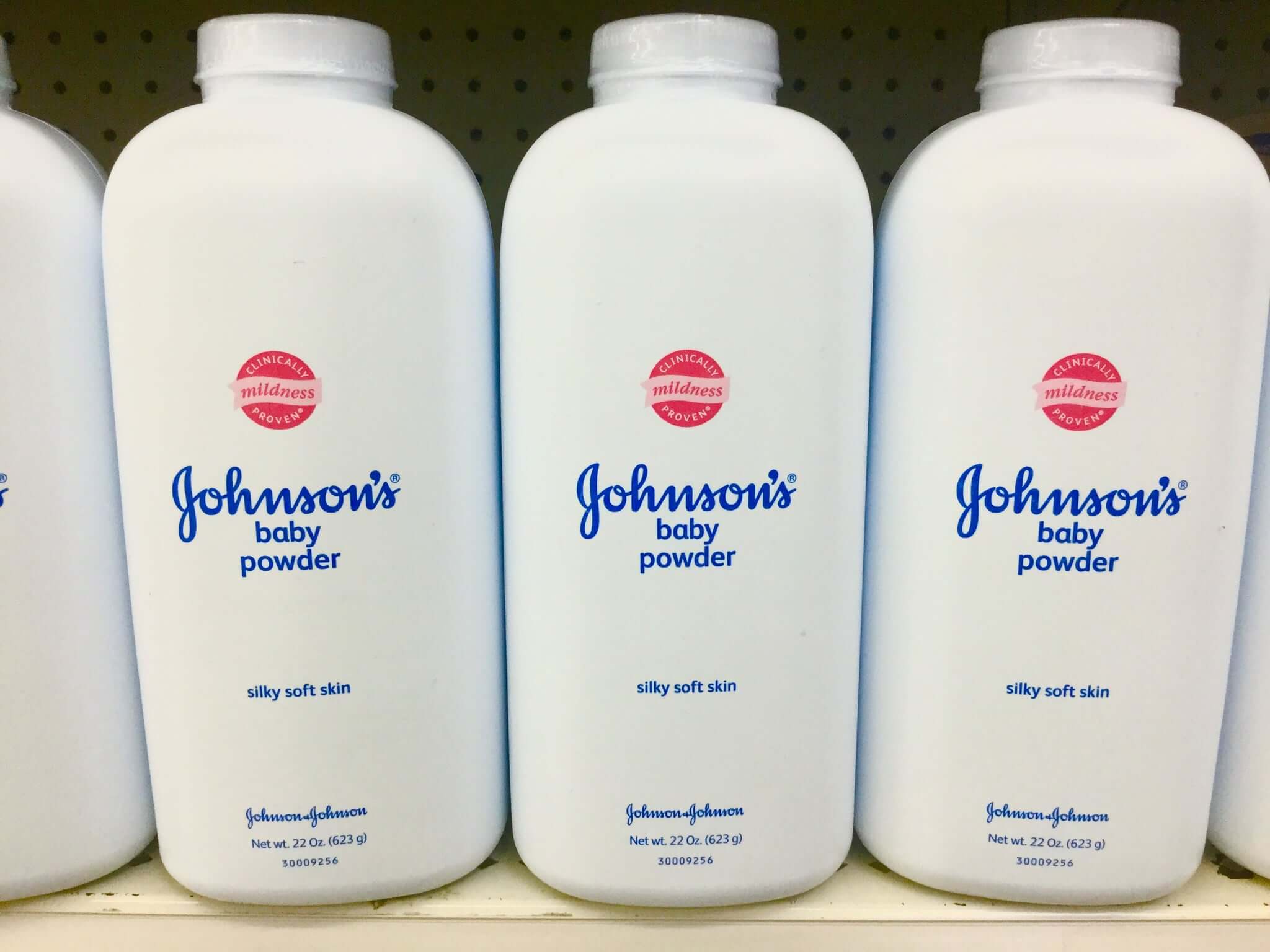J&J Talc Lawsuits Enter Key Phase With Potential Trial, Mediation on Horizon

As the dust clears from a months-long pause on litigation during an unsuccessful settlement process, tens of thousands of talcum powder lawsuits are now approaching key developments.
A critical trial over claims that use of Johnson & Johnson’s baby powder is tied to ovarian cancer could be just months away, and settlement talks could soon resume.
Here is where the talc litigation stands as this important stretch approaches.
Talcum Powder Bellwether Trial Could Be Nearing
As of this month, there are 66,509 active talc lawsuits consolidated in multidistrict litigation (MDL). MDLs group similar cases together under one judge to streamline the legal process and potentially lead to faster results.
Now, a major milestone could soon be approaching for those tens of thousands of cases. A pretrial conference for the first bellwether trial has been scheduled for November, meaning the trial itself could likely soon follow.
A bellwether trial would be a major moment for these lawsuits. Bellwethers serve as test cases, helping both sides better understand the strength of their arguments.
While significant, the bellwether for those lawsuits will not be the first ovarian cancer case to go before a jury, with some cases in state court having already advanced to that point over the last decade.
Johnson & Johnson says it has won 16 of the 17 ovarian cancer cases that have gone to trial in the last 11 years. But its loss was significant.
In 2018, 22 women who claimed their ovarian cancer was caused by J&J’s talc were awarded a staggering $4.7 billion by a St. Louis jury. That verdict was later reduced to $2 billion, but it remained a significant win for the impacted plaintiffs.
The representatives of people who have filed lawsuits in the MDL will look to replicate that success in the crucial bellwether trial.
Johnson & Johnson continues to Show Little Interest in Settling Talc MDL
Among talc litigation, much of the last year was dominated by Johnson & Johnson’s attempt to resolve these lawsuits through a $10 billion settlement.
The company, which claimed to have support from the majority of claimants, sought to complete the settlement through a controversial procedure known as a Texas Two-Step. This is where a new company is created to take on legal liabilities and then file for bankruptcy in place of the primary company.
But a bankruptcy judge shot down that bankruptcy procedure earlier this year, bringing an end to J&J’s settlement hopes.
Now the company appears focused on taking these cases to trial, even as efforts to negotiate a settlement continue in the MDL.
Both sides in the MDL are now set to participate in “good faith mediation,” meaning that they should meet and attempt to find common ground for a settlement.
J&J did not object to mediation and plans to take part in those negotiations but does not appear overly eager to strike a deal.
“The Johnson & Johnson Defendants do not believe that mediation is necessary or likely to be productive at this time,” the company’s representatives said in a court document. “…the Johnson & Johnson Defendants respectfully submit that the most appropriate path forward is to focus on getting these cases ready for trial.”
An initial mediation session is scheduled for Sept. 4.




